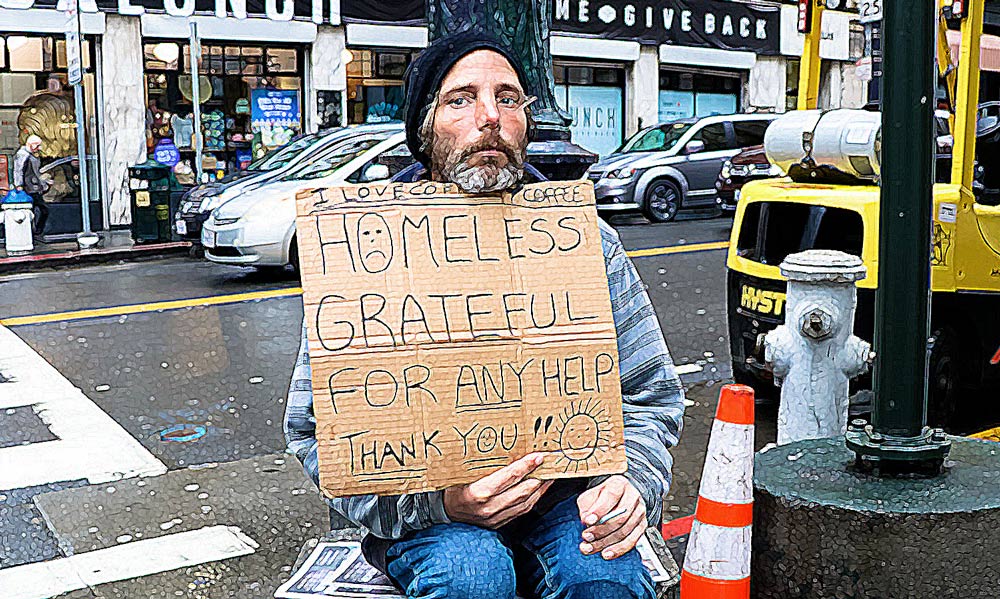Bob Tillman wants to build a 75-unit apartment building in San Francisco.
He owns the property — a laundromat. He just wants to convert it. But although there are no good reasons why he shouldn’t, city officials and activists opposed to the property rights of developers have been blocking the project. Tillman has spent years and hundreds of thousands of dollars just trying to get started.
His plight “encapsulates the political dysfunction that’s turning San Francisco … into an exclusive playground for the ultra-wealthy,” says Reason magazine.
Because of the government’s general antagonism to development, and specific policies such as rent control, much less housing is getting built in the city than would have been possible in a fully free market.
The population is growing quickly, but housing isn’t keeping up. Which results in unnecessarily high rents and housing prices.
None of this is shocking if you understand basic economics. The greater the supply of a good, the cheaper the price tends to be — all other things being equal. That qualification is important. If the supply of oranges doubles but everybody suddenly starts an all-orange-juice diet, orange prices may remain the same or even rise — but less than the price would have risen without the greater supply.
Many factors, including monetary factors, can affect the price of a good. All I’m saying is that if you want the benefits of more housing, including rents that are lower than they would have been without the new housing, you must build houses and apartment complexes.
Stop something from being built and, unfortunately, it won’t be there.
This is Common Sense. I’m Paul Jacob.

—
See all recent commentary
(simplified and organized)

1 reply on “San Francisco Obstructionism”
The government has an antagonism toward development but it condones illegal aliens living in the city. Go figure. Where are the environmentalists regarding population growth? Surely they would want to discourage new people and businesses from moving to the city, given that it will run out of clean drinking water in the next decade or so.